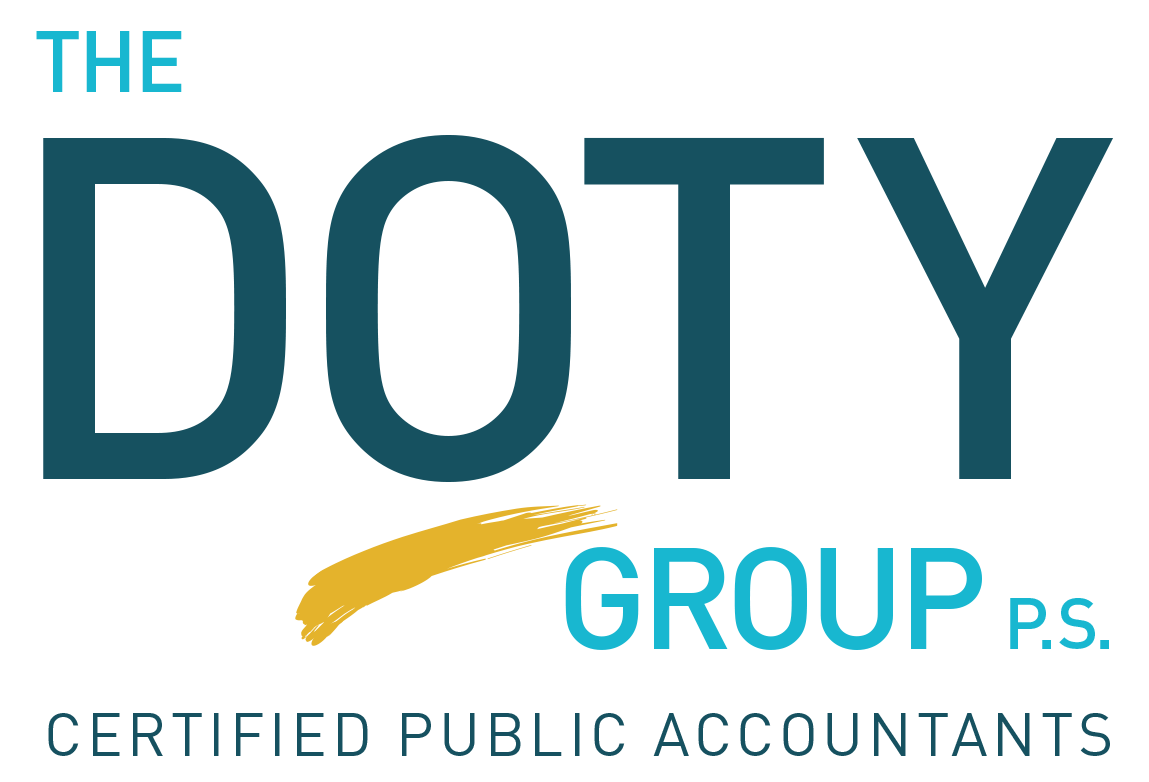Business Executives Say Complex Financial Instruments Continue to Pose Risk
July 02, 2019
NEW YORK - Financial instruments are a growing presence on company balance sheets, and business executives say more market awareness is needed to prevent another financial crisis, according to a recent survey by the American Institute of CPAs (AICPA).
When asked about their company financial statements, 59 percent of the CPAs surveyed reported having complex financial instruments such as mortgage-backed securities, interest rate swaps or other derivatives on their company balance sheets.
Of those respondents with complex financial instruments on their books:
69 percent expect financial instruments to become more complex (57 percent slightly more complex, 12 percent substantially more complex) over the next one to three years, compared with 1 percent who expect them to decrease in complexity.
53 percent believe there is not enough market awareness of complex financial instruments to prevent a financial crisis, compared with only 22 percent who believe there is adequate awareness.
55 percent said they are concerned about the valuation of derivatives with 6 percent reporting significant concern and 49 percent reporting slight or moderate concern.
56 percent said it would be easier to determine the value of complex financial instruments if they were measured and reported on a consistent and transparent basis.
Complex financial instruments historically have been difficult to value. That difficulty is seen as a major cause of the financial crisis that lead to the recession of 2008. The derivatives market exceeded $594 trillion in 2018. More than a quarter (28 percent) of respondents said they expect financial instruments to take a larger percentage of their balance sheets over the next one to three years, while only 15 percent see that decreasing.
“With financial instruments growing in complexity and taking up an increasing share of balance sheets, it is imperative that executives and finance teams understand these potentially risky investments,” said Ash Noah, CPA, CGMA, managing director of CGMA learning, education and development for the Association of International Certified Professional Accountants (Association), the global organization that includes the American Institute of CPAs (AICPA) and the Chartered Institute of Management Accountants (CIMA). “A uniform framework to value financial instruments will provide companies the information they need to make better decisions and offer greater transparency to investors and other stakeholders.”
“With financial instruments growing in complexity and taking up an increasing share of balance sheets, it is imperative that executives and finance teams understand these potentially risky investments.”
The AICPA created a Financial Instruments Performance Framework to improve the consistency and transparency of fair value measurements for these complex instruments. It establishes documentation requirements and provides guidance on the scope of work supporting an auditable fair value estimate for financial instruments. The framework, along with the Certified in the Valuation of Financial Instruments credential (CVFI), will assure financial statements and disclosures are consistent and clearly supported.
“Creating standard processes for documenting and valuing these instruments will improve clarity and transparency within the valuation profession. This will provide executives, investors and regulators information on the value of these securities in a consistent manner,” said Jeannette Koger, CPA, CGMA Association vice president for advisory services and credentialing.
The financial instrument questions were included as part of the second-quarter AICPA Economic Outlook Survey, which was conducted May 7-28. These questions received 680 qualified responses, of which 404 respondents reported having financial instruments on their balance sheets. The data above reflects those responses.
About the American Institute of CPAs
The American Institute of CPAs (AICPA) is the world’s largest member association representing the CPA profession, with more than 429,000 members in the United States and worldwide, and a history of serving the public interest since 1887. AICPA members represent many areas of practice, including business and industry, public practice, government, education and consulting. The AICPA sets ethical standards for its members and U.S. auditing standards for private companies, nonprofit organizations, federal, state and local governments. It develops and grades the Uniform CPA Examination, offers specialized credentials, builds the pipeline of future talent and drives professional competency development to advance the vitality, relevance and quality of the profession.
About the Association of International Certified Professional Accountants
The Association of International Certified Professional Accountants (the Association) is the most influential body of professional accountants, combining the strengths of the American Institute of CPAs (AICPA) and The Chartered Institute of Management Accountants (CIMA) to power opportunity, trust and prosperity for people, businesses and economies worldwide. It represents 657,000 members and students across 179 countries and territories in public and management accounting and advocates for the public interest and business sustainability on current and emerging issues. With broad reach, rigor and resources, the Association advances the reputation, employability and quality of CPAs, CGMAs and accounting and finance professionals globally.

